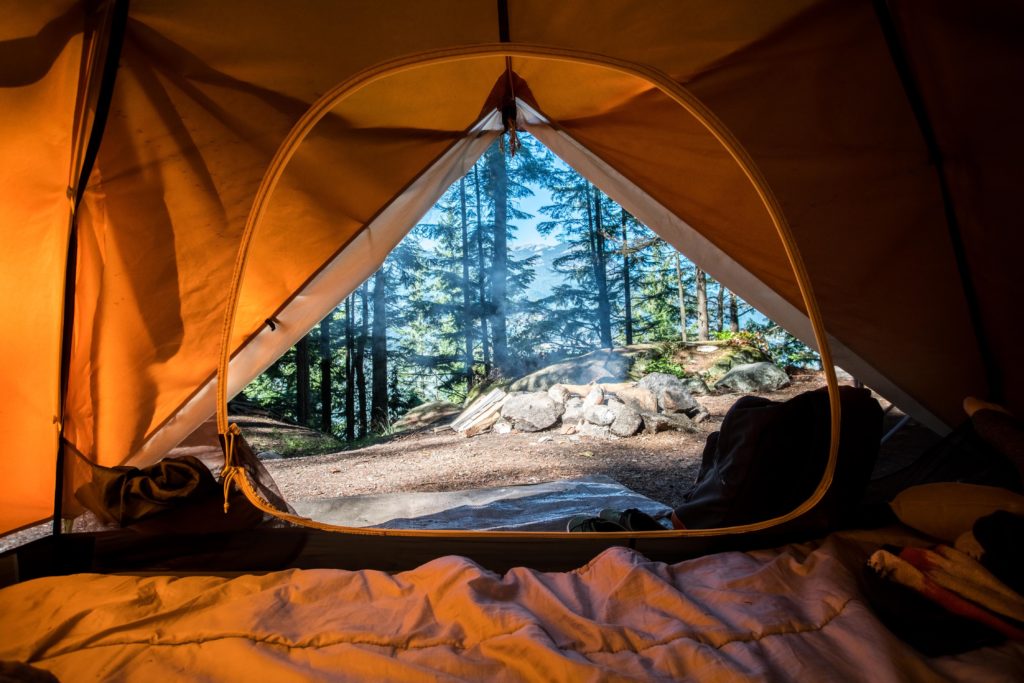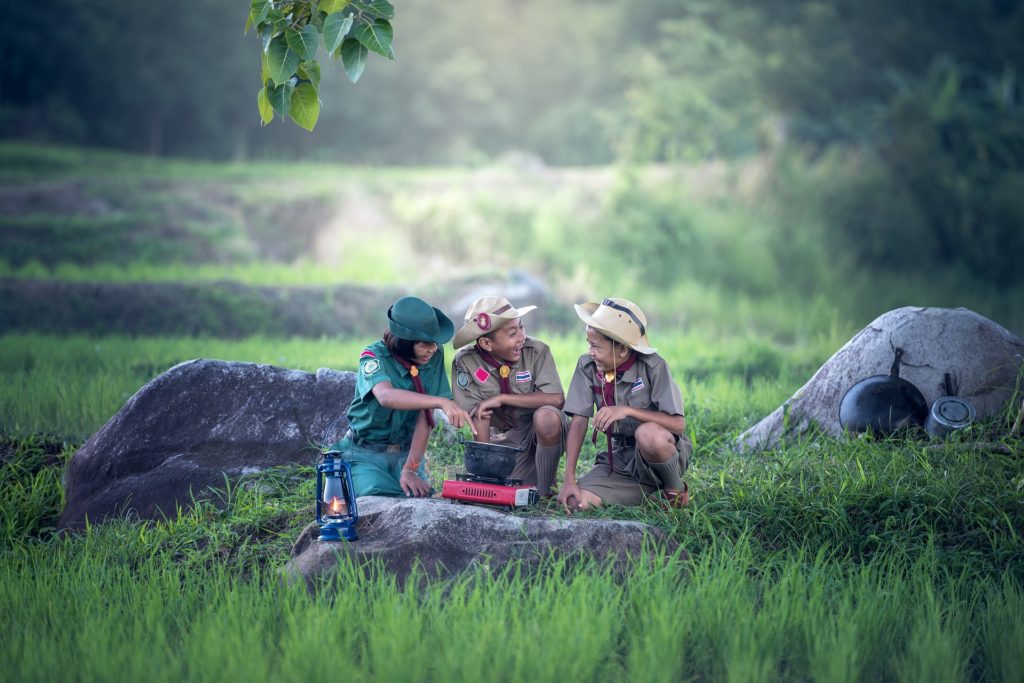At camp, kids get to take part in healthy outdoor activities such as walking, hiking, swimming, and biking, all of which expose them to mosquitoes and other bugs. Now, what if your child experiences insect bite hypersensitivity?

Is that enough reason to leave him or her out on your next camping trip?
I think not, here are five camping health and safety tips for your hypersensitive child.
To know more about camping visit campingfunzone.com
Table of Contents
Content
- Does your child have a condition?
- The importance of familiarizing your kids with what to expect on a camping trip
- Select bright-colored clothing
- Put a GPS tracker on your child
- Define playing boundaries
- Pick a campground close to the city or a hospital
Does your child have a condition?
According to estimates, life-threatening reactions to insect stings occur in 0.4% to 0.8% of children. Hypersensitivity response can trigger four types of reactions. The reactions may be immediate, cell-mediated, immune complex or cytotoxic.
That said. Insect stings are normally minor annoyances, however, stinging insects can cause a life-threatening reaction known as anaphylaxis.
The point is, if your child has a condition it is important to have a written action plan that lays out:
- What Diagnosis your child has
- Signs and symptoms to look out for
- Medications needed to be taken regularly
You should also meet with your kids’ primary doctor or allergist before you send him or her to camp.
The importance of familiarizing your kids with what to expect on a camping trip
Out in the wild, there are bugs, small rodents, possibly bears, snakes and anything else you can think of. For that reason, it is important to familiarize your kids with what to expect on a camping trip.
Some important things to talk to your child about are:
- Animals and bugs, they should stay away from (animal safety).
- Campground etiquette (food storage/ disposal.)
- How to care for tents and sleeping bags
- Fire safety.
- What to do when or if they get lost.
You must lay down the law, or make boundaries clear to them.
Select bright-colored clothing
Bright colored clothing makes it easier for you to spot your kids. Also, when coupled with repellents, bright clothes keep mosquitoes away. Meaning, you need mosquito killers for prevention.
Put a GPS tracker on your child
If your child is the curious type, you should put a GPS on him or her. This will not only give you peace of mind but will also make it easier to find the child.
These devices can be attached to clothing or carry-ons.
Define playing boundaries
Campgrounds can be dangerous for kids, think about it, open fires, wild animals and lots and lots of tripping hazards. This makes it important to set playing boundaries. We recommend:
- Keep kids away from fallen trees.
- No snacking on mushroom and berries.
- No petting or catching wildlife.
- Respect or stay away from camping neighbors or strangers.
Pick a campground that is close to the city or a hospital
Accidents happen, what you do when one occurs is the important thing. As a parent, you should know how to do CPR or what to do in case of a bite or sting.

It also pays to pack a good first aid kit.
For peace of mind or if your child experiences insect bite hypersensitivity, you should choose a camping ground that is close to a hospital or one that emergency responders can easily get to.
Keep boredom at bay
When bored, kids will try to find things that interest them. That may mean wandering off into the bushes, petting wild creatures, climbing trees or in some case playing with fire.
Find safe and fun activities to keep them preoccupied. The idea is to make the whole experience fun.
Depending on age, we recommend:
- Assign simple tasks or chores to keep them busy.
- Pack toys for toddlers and create dig sites for their shovels or trucks.
- When it’s too hot to play or rainy, give them something to read.
- Plan fun family activities.
Pay attention to the signs
If a sign says ‘Do Not Go Beyond This Point’ or something like that, respect it, there is a reason it was put there. You should also, make sure that your kids do the same.



